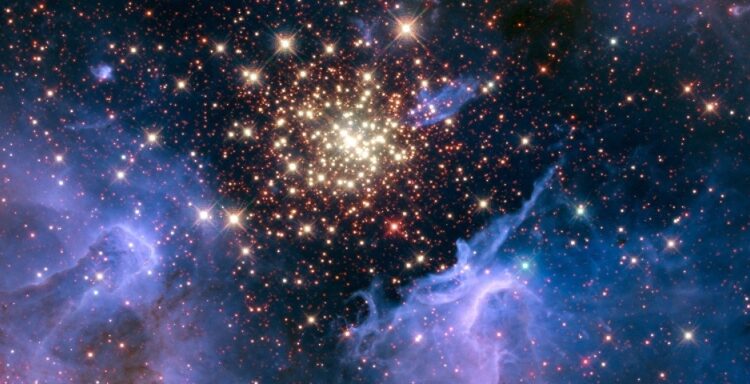NEW YORK – Drawing back the curtain to a photo gallery unlike any other, Nasa will soon present the first full-colour images from its James Webb Space Telescope, a revolutionary apparatus designed to peer through the cosmos to the dawn of the universe.
The highly anticipated July 12 unveiling of pictures and spectroscopic data from the newly operational observatory follows a six-month process of remotely unfurling various components, aligning its mirrors and calibrating instruments.
With Webb now finely tuned and fully focused, astronomers will embark on a competitively selected list of science projects exploring the evolution of galaxies, the life cycles of stars, the atmospheres of distant exoplanets and the moons of our outer solar system.
The first batch of photos, which have taken weeks to process from raw telescope data, are expected to offer a compelling glimpse at what Webb will capture on the science missions that lie ahead.
Nasa on Friday posted a list of the five celestial subjects chosen for its showcase debut of Webb, built for the US space agency by aerospace giant Northrop Grumman Corp.
Among them are two nebulae — enormous clouds of gas and dust blasted into space by stellar explosions that form nurseries for new stars — and two sets of galaxy clusters.
One of those, according to Nasa, features objects in the foreground so massive that they act as “gravitational lenses,” a visual distortion of space that greatly magnifies the light coming from behind them to expose even fainter objects farther away and further back in time. How far back and what showed up on camera remains to be seen.
Nasa will also publish Webb’s first spectrographic analysis of an exoplanet, revealing the molecular signatures from patterns of filtered light passing through its atmosphere. The exoplanet in this case, roughly half the mass of Jupiter, is more than 1,100 light years away. A light year is the distance light travels in a year — 5.9 trillion miles (9.5 trillion km).






Discussion about this post